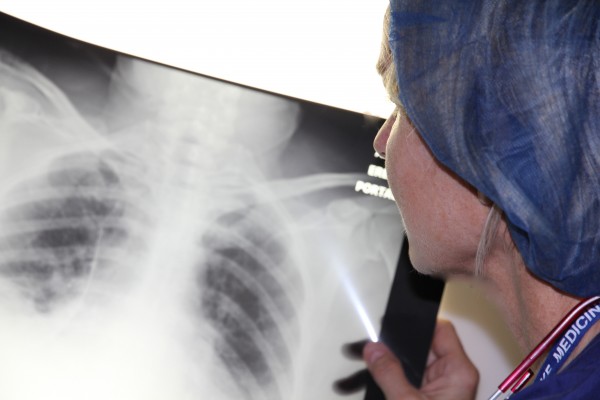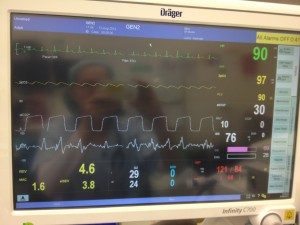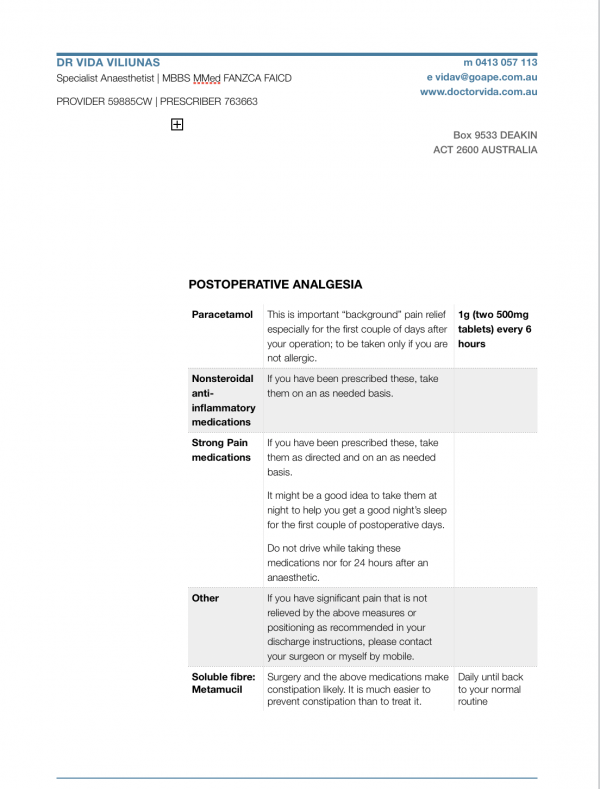

As a patient, there are a number of things that you can do to prepare for surgery and anaesthesia.
1. Get informed + communicate with your team
A comprehensive library of patient information is available here.
The benefits of preparing for your surgery are available here.
Authoritative, evidence-based information is available from the links on this site and elsewhere. Your anaesthetist’s role is to advise you regarding options for your operation or procedure, decide on a plan of management and take care of you in the perioperative period.
Your anaesthetist will want to know about your health, serious medical conditions, medications and allergies as well as your previous experiences with anaesthesia and surgery. Vitamin and supplement substances can have a significant impact on your reaction to surgery and should be discussed with your surgeon and anaesthetist preoperatively.
You will be advised about what medications to take or omit and the timing of fasting. Food or drink in the stomach may be vomited and soil the lungs unless avoided for a period prior to surgery.
Most importantly, your anaesthetist wants to know what questions YOU have about your anaesthetic.
2. Stop smoking
Easier said than done… but smoking is a significant contributor to ill-health generally and post-operative recovery specifically. Talk to your general practitioner about what you can do.
More information can be found here
3. Be well
Within your own physical limitations, taking regular exercise and being of normal weight is part of a healthy life-style that will also equip you well for surgery, anaesthesia and recovery.
4. Medications and investigations
Please bring all of your medications to hospital with you. In general, you should take all of your regular morning medications at 6am on the morning of surgery with as much water (only) as you need. Please note the following possible exceptions:
- Diabetic medication – if you are a diabetic on oral medication or insulin omit the dose that would occur while you are fasting; if your surgery is scheduled for the afternoon, take your morning medications with a light breakfast (see fasting instructions below).
- Blood thinners – if you are taking these, it is likely that they will be stopped prior to surgery. Please do not stop taking them unless instructed by your surgeon or myself; please contact me with any questions.
- Herbal treatments – these should be stopped at least 5 days prior to elective surgery.
It is usual for me to contact you a couple of days prior to your surgery to clarify which medications you should or should not take.
Please contact me via this website or call me on 0413 057 113 if you have any questions.
5. Fasting
If your surgery is scheduled for the morning, do not eat or drink after midnight except to take your regular morning tablets at 6 am with as much water (only) as you require to swallow the tablets.
You may take paracetamol or other regular medications for pain or a headache with as much water (only) as you require to swallow the tablets.
If your surgery is scheduled for the afternoon, please fast after a light breakfast at 7 am and take your regular morning medications at that time. Fast from 7 am for an afternoon list.
You may take paracetamol or other regular medications for pain or a headache with as much water (only) as you require to swallow the tablets up until a couple of hours prior to presenting to hospital for an afternoon list.
More patient information from the Australian Society of Anaesthetists is available here
6. Postoperatively
You will not be discharged until you are warm, comfortable and stable. You should ensure that someone accompanies you home from hospital and stays with you for that day.
Your anaesthetist will ensure that you have adequate pain relief for discharge.
For at least 24 hours you should not
– drive a car or use dangerous equipment or tools
– make important decisions, sign legal documents.
If you have any queries or concerns that are not addressed by nursing staff, contact your anaesthetist – this applies in hospital as well as after your discharge.
7. Postoperative pain relief
Your surgeon and I usually visit all patients who are staying in overnight at the end of the day’s operating list as well as the following day. No-one is having your operation on your day. The form below is designed to clarify and detail pain mangement recommendations.
